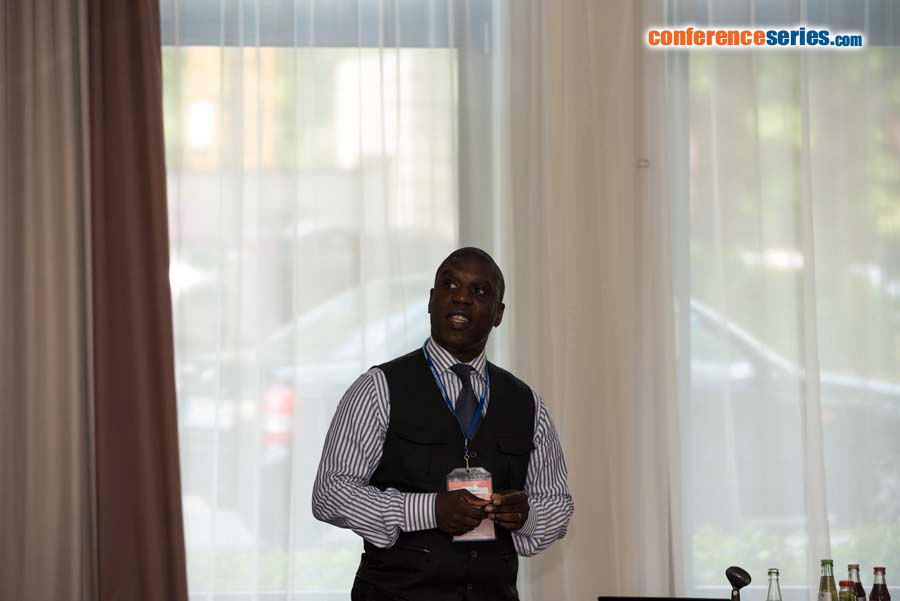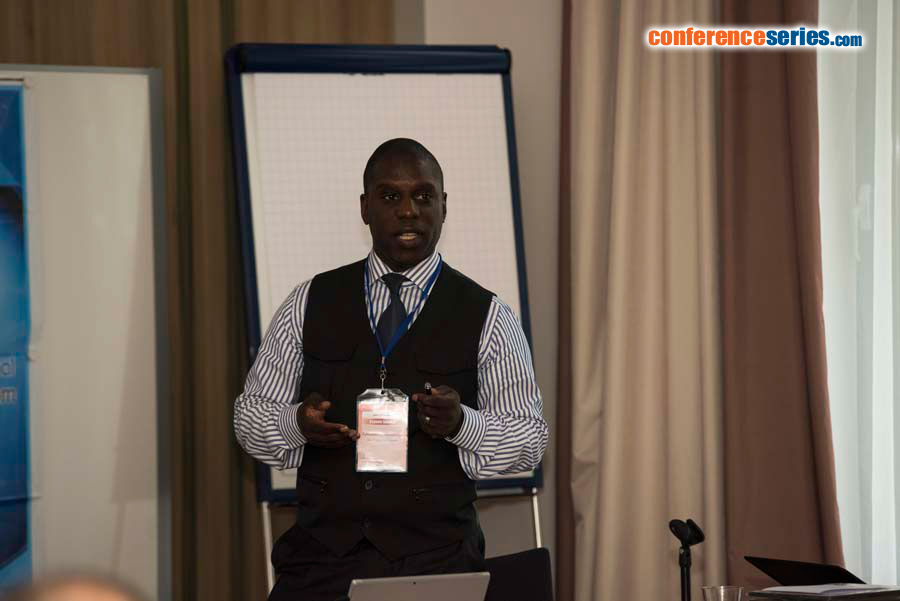
Lawrence D. Goodridge
McGill University, Canada
Title: Reprogramming the gut: Implications for the use of bacteriophages to reduce foodborne bacterial pathogens in preharvest food animal production
Biography
Biography: Lawrence D. Goodridge
Abstract
Virulent bacteriophages represent a sepecific tool that may be used to reprogram the gastrointestinal tract (GIT) of warm blooded animals to remove bacteria that cause disease. One potentail application of this apporach is the reduction of foodborne pathogens in the GIT of bovines prior to harvest for meat production. We evaluated a bacteriophage cocktail consisting of thirty seven phages, and capable of growth on multiple strains of Escherichia coli O157:H7, for redcution of E. coli O157 in live animals. A total of 14 Black Angus calves ranging from 4 to 6 months of age were orally inoculated with 108 CFU E. coli O157:H7 and subjected to phage treatment during two trials. The first trial evaluated ileal samples and the second trial evaluated fecal samples for the presence of E. coli O157:H7 and phages. In the first trial, concentration of E. coli O157:H7 decreased (P = 0.0266, P = 0.0424) in the ileal samples at 8 and 12 hours. However, the concentration of E. coli O157:H7 increased back to the concentration of the control samples at 16 hours. In the second trial, shedding of E. coli O157:H7 decreased (P = 0.025) in the treated group at 24 hours. Similar to the ileal samples, an increase in the concentration of E. coli O157:H7 was observed at 36 hours in the fecal samples. Encapsulation of the phage cocktail may be required to provide protection for the cocktail through areas of the GIT with low pH, such as the abomasum and duodenum. Additionally, continual administration of the cocktail may prove to be successful in a sustained reduction or elimination of E. coli O157:H7 in the GIT of cattle.
Speaker Presentations
Speaker PPTs Click Here





